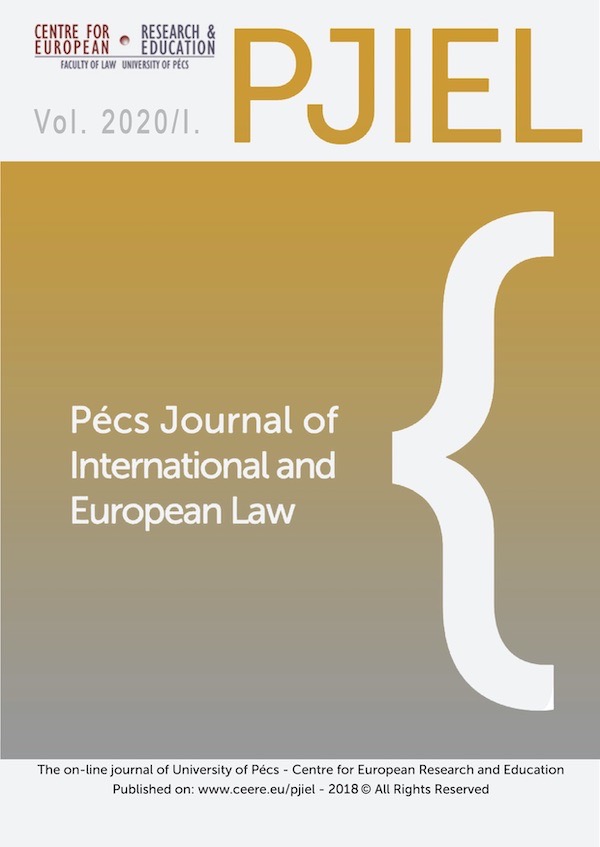Behind the Efficiency of Joint Investigation Teams
Keywords:
criminal law, European Union, criminal cooperation, joint investigation team, European criminal law, criminal procedural law, Europol, Eurojust, evidence, criminal legal assistance, investigationAbstract
This article deals with the Joint Investigation Teams (JITs) which may be established by the Mem- ber States of the European Union. It is one of the procedural legal instruments used by Member States in the field of police and judicial cooperation in criminal matters. The subject of the arti- cle goes beyond the dogmatic evaluation of the JIT and a new perspective is introduced, as after 2010 the JIT has been increasingly used by the competent law enforcement authorities of the Member States. For this reason, the article does not deal with the earlier problems of the legal instrument, which have already been studied significantly, but examines what makes it effective. The focus of the research will be on the related activities of Europol and Eurojust. Eurojust car- ries out important mediation tasks, thus facilitating contacts with the competent authorities of
the Member States and ensuring their continuous personal contact. It also provides legal advice during the joint investigation and helps to avoid conflicts of jurisdiction. Europol, on the other hand, participates in the work of the investigation team as a service provider, which is demon- strated by the fact that it can be called upon to carry out certain investigative acts. The Europol Information System also plays an important role, since it enables competent authorities to cross- check crimes committed in multiple Member State and find out that their perpetrators are the same. Finally, the article provides practical examples of the activities carried out by Europol and Eurojust, followed by an evaluation of the importance of the work performed by these agencies in JITs.
Downloads
Downloads
Published
How to Cite
Issue
Section
License

This work is licensed under a Creative Commons Attribution-NonCommercial-ShareAlike 4.0 International License.





